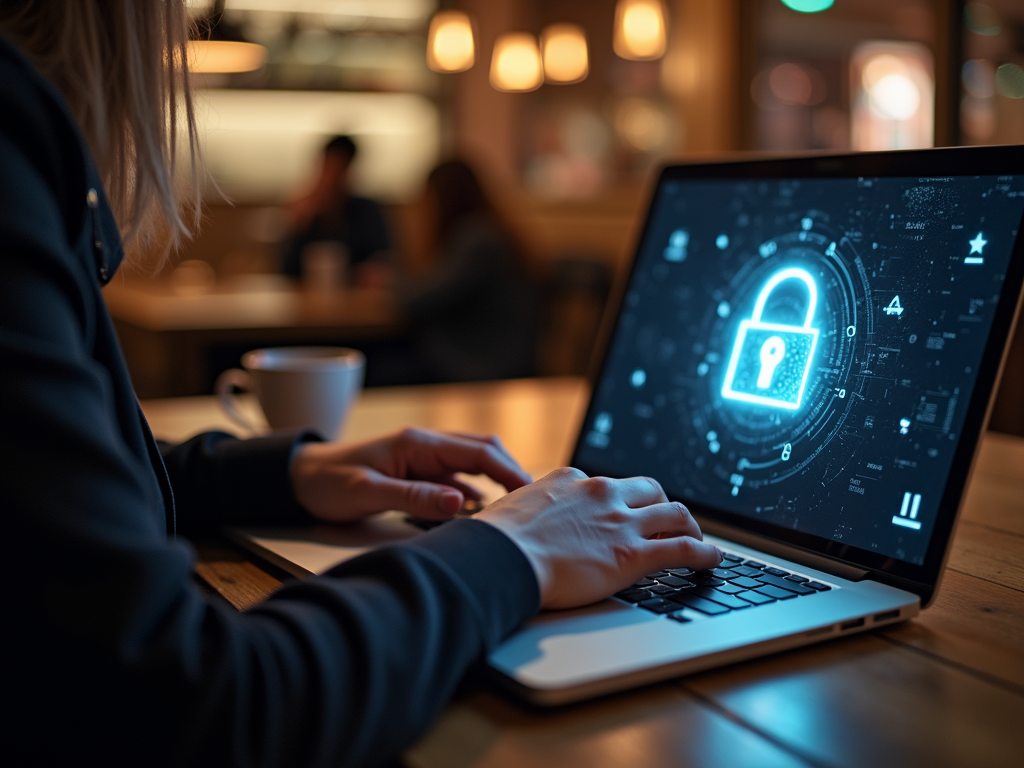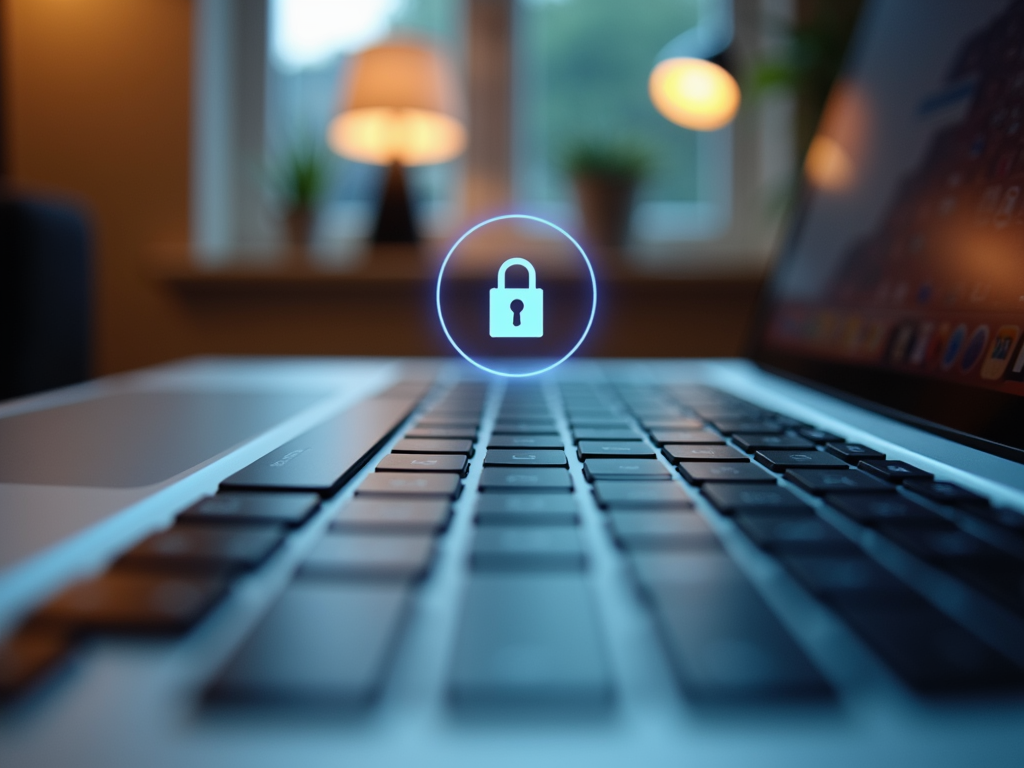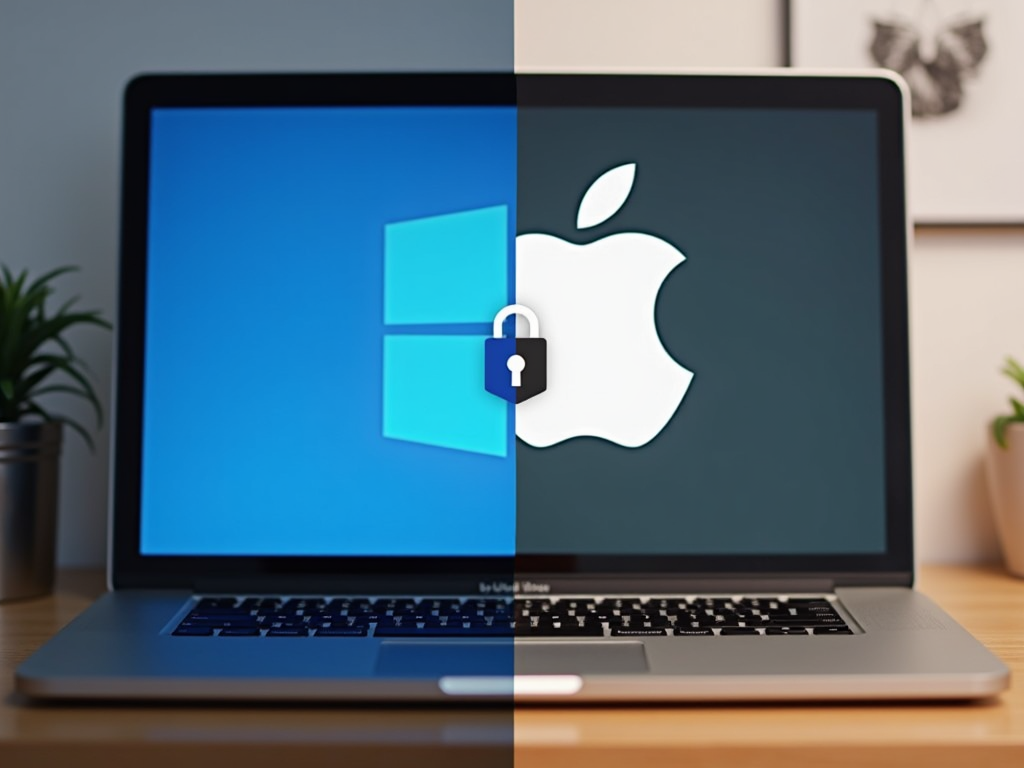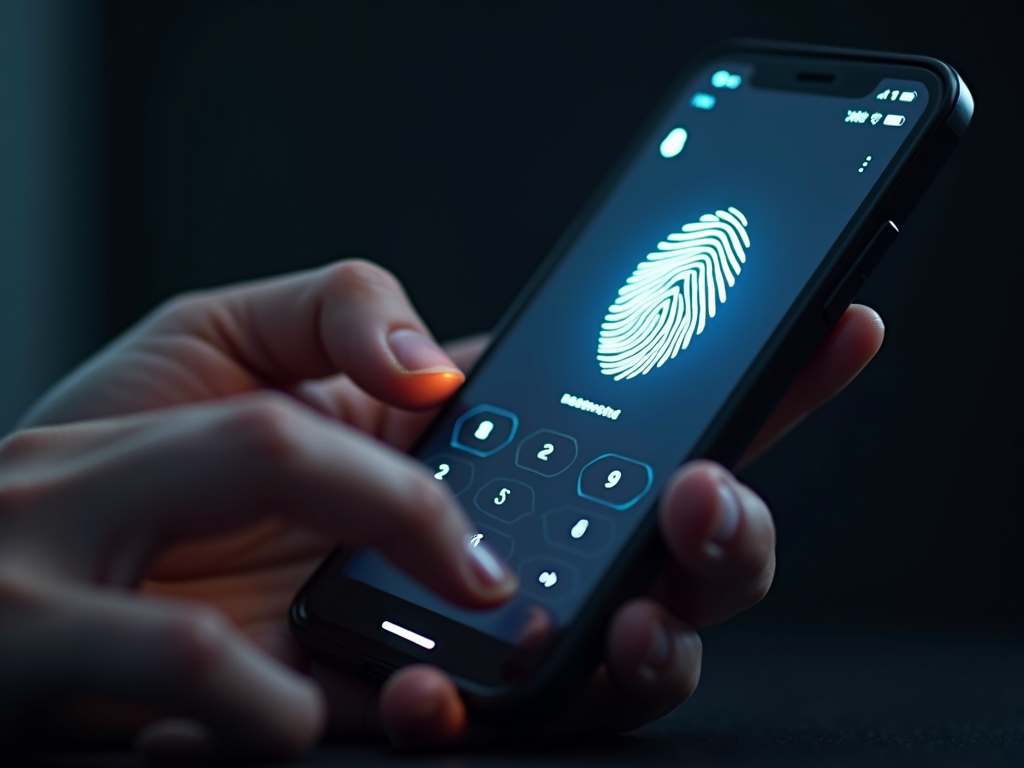BitLocker vs FileVault: Which Encryption is Stronger?
BitLocker and FileVault are built-in encryption tools for Windows and Mac devices. They keep your data safe from prying eyes. But which one is stronger? This article breaks down BitLocker vs FileVault: which encryption is stronger? and how they fit into online privacy.
Why Encryption Matters for Online Privacy
Encryption locks your data so only you can open it. It’s a must-have for protecting your personal stuff—like photos, emails, and passwords—especially if your device gets lost or stolen. Online privacy tools like BitLocker and FileVault help keep your digital life secure.

What Is BitLocker?
BitLocker is Microsoft’s encryption tool for Windows. It uses something called AES encryption—think of it as a super-strong lock—with either a 128-bit or 256-bit key. It protects your whole hard drive, from your operating system to your files. You can even add extra security with a PIN or USB key.
What Is FileVault?
FileVault is Apple’s answer for Mac users. It also uses AES encryption, but sticks to a 256-bit key. It locks up your entire startup disk—everything from your apps to your documents. When you log in, your password unlocks it, making it simple to use.

How They Differ
BitLocker works only on Windows, while FileVault is Mac-only. So, if you switch between devices, you’ll need both. BitLocker often uses a special chip (TPM) to store its keys safely. No chip? You’ll need a USB or password instead. FileVault keeps things easier by tying into your Mac’s login system.
Encryption Strength Showdown
Both tools use AES encryption, which experts say is top-notch. BitLocker offers 128-bit or 256-bit options, while FileVault sticks to 256-bit. Some say FileVault’s tight link to Mac’s security setup gives it a slight edge. But honestly, both are tough nuts to crack. For more on AES strength, check out this NIST overview.

My Experience with Both
I’ve tried BitLocker on my old Windows laptop and FileVault on my MacBook. BitLocker worked great, but I kept forgetting my PIN—annoying! FileVault felt smoother since it just used my login password. Both kept my files safe, though, especially when I left my laptop at a café once.
Why Encryption Isn’t Optional
Here’s a stat: 43% of data breaches come from lost or stolen devices, according to a Ponemon Institute study. That’s why encryption matters for online privacy. Without it, anyone who grabs your device could see everything. BitLocker and FileVault stop that cold.

Beyond Devices: Online Privacy Tools
Encryption isn’t just for your laptop. Tools like VPNs shield your internet traffic, while apps like Signal keep your chats private. BitLocker and FileVault are pieces of the puzzle—great for your device, but pair them with other online privacy tools for full protection.
Passwords and Extra Security
Encryption alone isn’t enough. Use a strong password—something long and unique. Add multi-factor authentication (like a text code or fingerprint) for another layer. I learned this the hard way when a weak password almost cost me an account!

What’s Next for Encryption?
Threats keep growing—like quantum computers that could one day break today’s locks. Experts are already working on tougher encryption, as explained in this MIT article. Staying safe means keeping up with these changes.
Quick Comparison Table
| Feature | BitLocker | FileVault |
|---|---|---|
| Operating System | Windows | Mac |
| Encryption | AES 128/256-bit | AES 256-bit |
| Key Storage | TPM, USB, or password | Mac’s security |
| Extra Security | Yes (PIN/USB) | Yes (password) |

Tips to Use Encryption Right
Here’s how to make the most of these tools:
- Pick a strong password or PIN—don’t reuse old ones.
- Turn on multi-factor authentication.
- Back up your files somewhere safe (encrypted, of course).
- Update your software regularly.
- Know that encryption can’t stop everything—like forgetting your key!
Wrapping Up
So, BitLocker vs FileVault: which encryption is stronger? Both are powerful and secure your data well. FileVault might edge out slightly with its Mac integration, but BitLocker holds its own. Encryption is key to online privacy, but it’s just one step—combine it with smart habits for the win.